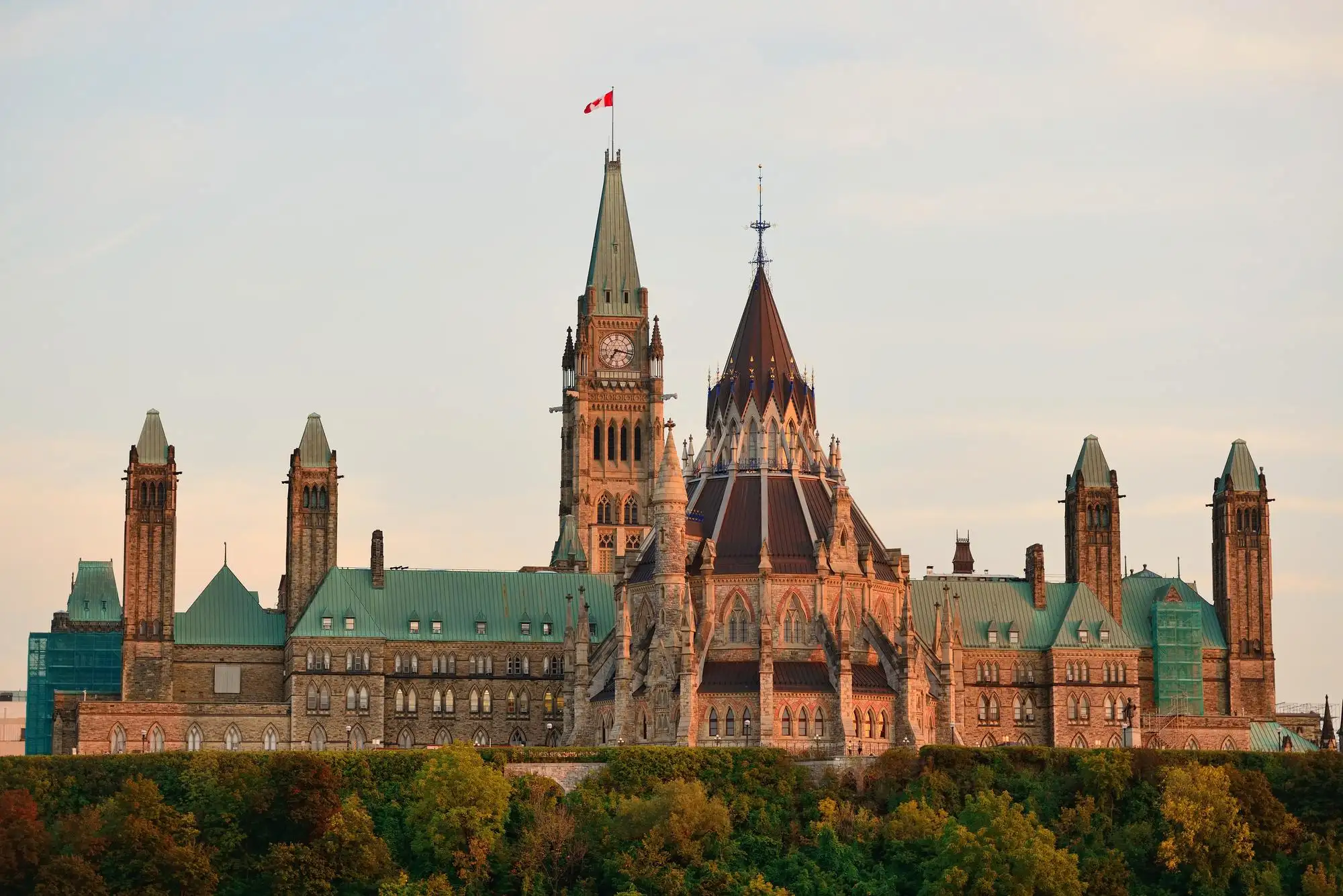On March 25, 2020, Rob Phillips, Ontario’s Minister of Finance, put forth the Province’s Economic and Fiscal Update, with a focus on responding to COVID-19. The details and how you can register for these benefits have not been provided yet but we will let you know as soon as these become available.
Key Highlights
- Interest and penalties relief to Ontario businesses on payments to the Ontario government
- Temporary increase to the Employer Health Tax (EHT) exemption
- Double the Guaranteed Annual Income System (GAINS) maximum payment for seniors
- A $200 a one-time payment per child up to 12 years of age, and $250 for those with special needs
- Providing six months of OSAP loan and interest accrual relief
- the Regional Opportunities Investment Tax Credit for investments in some areas of Ontario
- $200 million in new funding to food banks, homeless shelters, churches and emergency services
Interest and Penalty Relief for Ontario Businesses
From April 1, 2020 up until August 31, 2020, penalties and interest will not apply to Ontario’s businesses that miss any filing or remittance deadlines under select provincially administered taxes. These include: Employer Health Tax, Insurance Premium Tax, and Retail Sales Tax. Businesses do not have to provide any documentation supporting their reasons for late‑filing or payments.
Employer Health Tax
Temporary increase to the Employer Health Tax (EHT) exemption from $490,000 to $1 million for 2020. With this plan, more than 90 percent of private-sector employers would not pay EHT in 2020. The exemption would return to its current level of $490,000 on January 1, 2021.
Regional Opportunities Investment Tax Credit
The Government is proposing to introduce a new 10% refundable Corporate Income Tax credit for capital investments in some regions of Ontario. These areas include Kawartha Lakes, Bruce, Elgin, St. Thomas, Windsor , Kingston, Haliburton, Prince Edward, Muskoka, Nipissing Parry Sound Sudbury, and Thunder Bay (there are others not mentioned here).
A Canadian-controlled private corporation that makes qualifying investments that become available for use on or after March 25, 2020, in specified regions of Ontario would be eligible for the tax credit.
Qualifying investments would be eligible expenditures for capital property included in Class 1 and Class 6 to calculate capital cost allowance. These would consist of expenses for constructing, renovating or acquiring commercial and industrial buildings, greenhouses, fences and other assets.
The tax credit would be available for expenditures over $50,000 and up to a limit of $500,000
OSAP Loan and Interest Relief
The Government is temporarily deferring loan payments and interest accrual for six months for Ontario Student Assistance Program (OSAP) borrowers.
Guaranteed Annual Income System (GAINS) maximum payment
To help seniors cover essential expenses during the COVID‑19 outbreak, the Government is proposing to double the Guaranteed Annual Income System (GAINS) maximum payment for low-income seniors, for six months starting in April 2020. This would increase the maximum benefit to $166 per month for individuals and $332 per month for couples.
You qualify for GAINS payments if you:
- are 65 years or older
- have lived in Ontario for the past 12 months or for a total of 20 years since turning age 18
- have been a Canadian resident for 10 years or more
- receive the federal OAS pension and GIS payments
- have an annual private income of up to $1,992 if you are a single senior or up to $3,984 if you are a senior couple.
- Private income may include money from a private pension, the Canada Pension Plan, bank interest, etc.
Parents
To help parents pay for the extra costs associated with school closures, the Government is providing a one-time payment of $200 per child up to 12 years of age, and $250 for those with special needs, including kids enrolled in private schools.
Postponing Planned Property Tax Reassessment
The Government is postponing the planned property tax reassessment for 2021.
Property taxation is based on the assessed value of properties, and in Ontario, those assessments are updated every four years. The next property valuation update had been scheduled to be completed by the Municipal Property Assessment Corporation (MPAC) in 2020 for the 2021 taxation year.
The Government is postponing the reassessment. Assessments for the 2021 taxation year will continue to be based on the same valuation date that was in effect for the 2020 taxation year.


